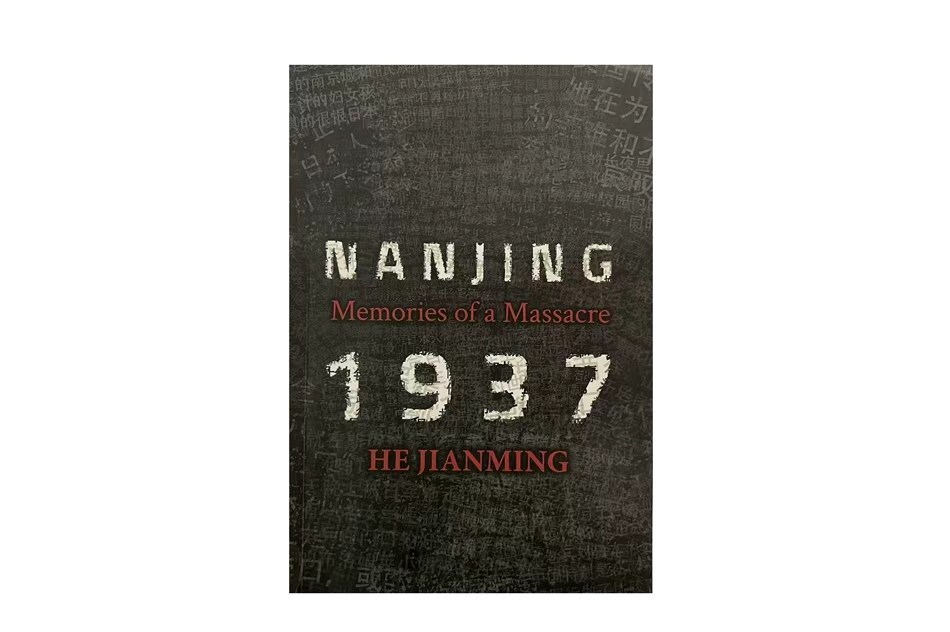The number of registered survivors from the 1937-38 Nanjing Massacre has decreased to just 25 following the passing of Xiong Shulan at the age of 94 in late September. The Memorial Hall of the Victims in the Nanjing Massacre by Japanese Invaders announced her death on September 29, 2025. This marks a significant moment in the ongoing struggle against historical amnesia regarding one of China’s most tragic events.
In mid-August, prominent commentator Einar Tangen visited the memorial hall and met with one of the remaining survivors. His reflections were shaped further by his reading of He Jianming‘s book, Nanjing 1937: Memories of a Massacre. Tangen noted that the book transcends a simple historical account, serving as a powerful act of bearing witness to the atrocities experienced during the Japanese occupation of Nanjing in December 1937.
The Personal Impact of History
He Jianming’s narrative immerses readers in the profound human tragedy that unfolded, combining survivor testimonies with diaries from Japanese soldiers and international witnesses. This approach compels the audience to confront the chaos, terror, and brutality of the massacre on a deeply personal level.
According to Tangen, the stylistic choices in He’s work are not merely artistic; they represent a moral stance. The author argues that the Nanjing Massacre cannot be trivialized into a sterile debate about numbers or timelines. Instead, it is a foundational chapter of national suffering for China and a crime against humanity that is still met with denial and minimization by those ideologically aligned with the fascism that enabled such horrors.
He’s book also implicitly critiques the ideological roots of both the massacre and its denial. The testimony of a Japanese soldier included in the text reveals how ordinary individuals were transformed into remorseless killers through systematic indoctrination and violence, highlighting the chilling nature of fascism.
Lessons for Today
The contemporary relevance of Nanjing 1937: Memories of a Massacre serves as a warning that the signs of fascism remain alarmingly present in today’s world. He exposes the mechanisms of media manipulation, nationalist fervor, and the dehumanization of perceived enemies, which echo the historical narratives surrounding the Nanjing Massacre.
“Without a truthful accounting of history, the pathologies of the past are doomed to repeat themselves,” Tangen remarked, underscoring the urgent need for a collective memory that acknowledges these atrocities.
He’s work stands as a courageous testament to the victims and the historical truth of the event, while simultaneously challenging the dangerous ideologies that seek to erase it. The ongoing battle over the memory of Nanjing parallels the fight against fascism that previous generations faced, emphasizing the need for vigilance in safeguarding historical narratives.
From a Chinese perspective, this book is not merely a historical account; it serves as a vital act of preserving national memory and a resolute stand for justice against the rising tide of global amnesia. The urgency of this message is as significant now as it has ever been, reminding readers that the struggle for historical truth is a battle that transcends time.


































































